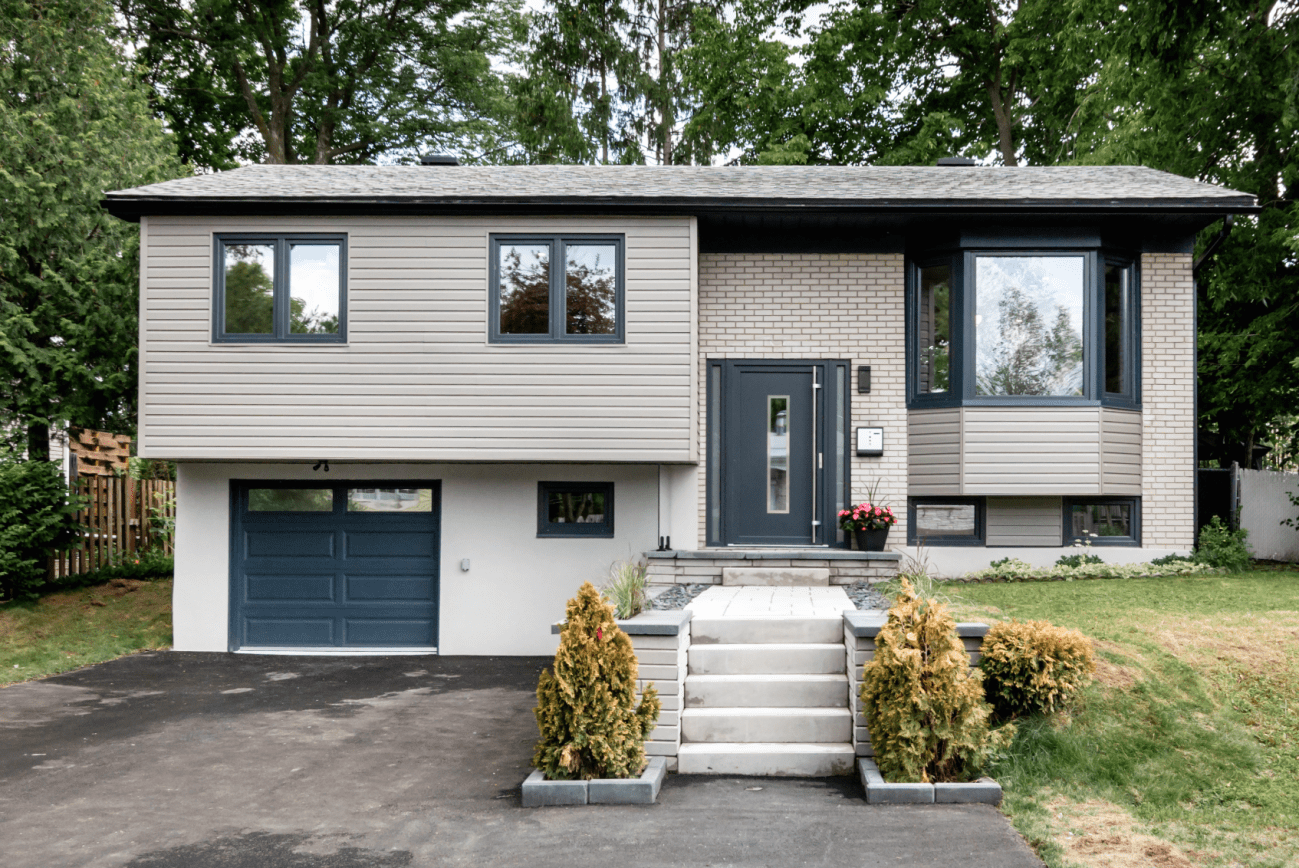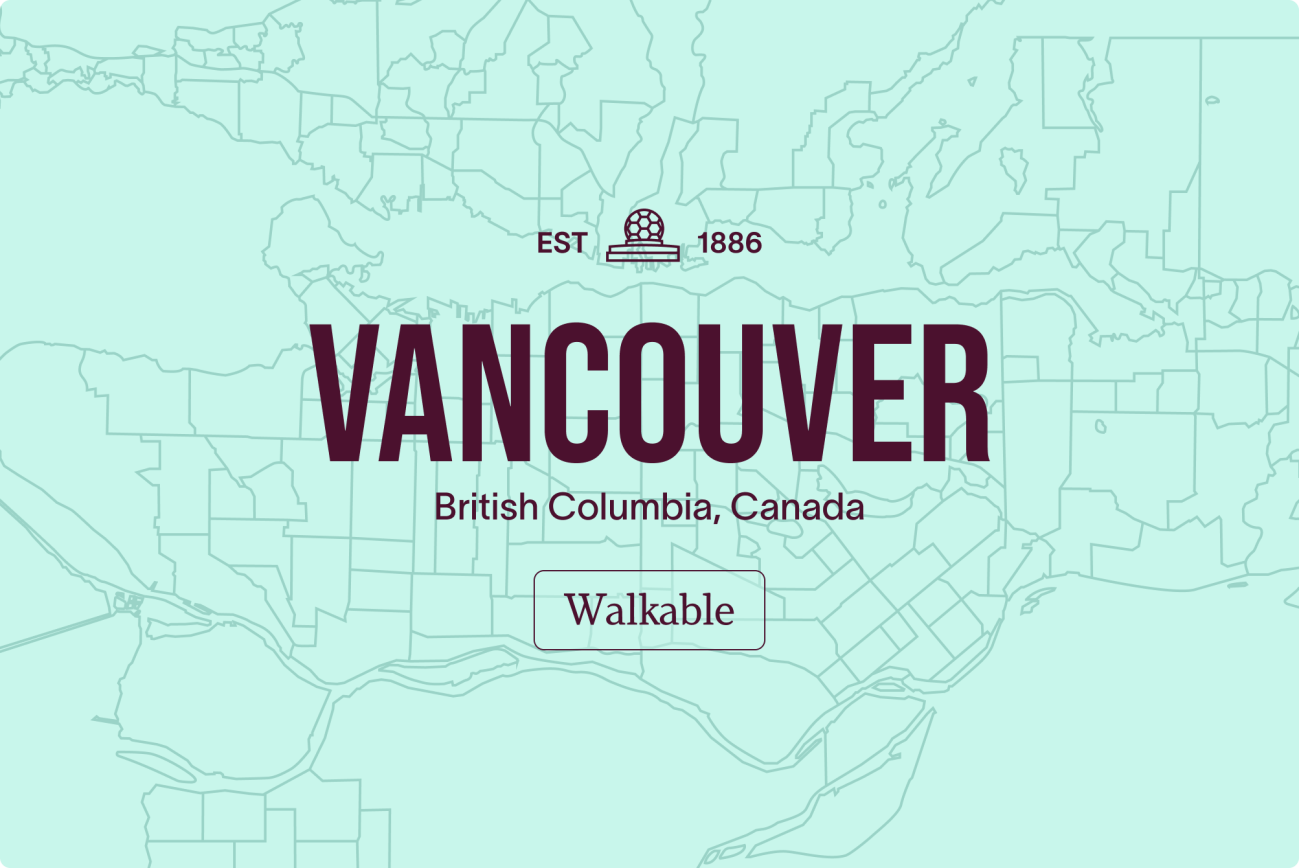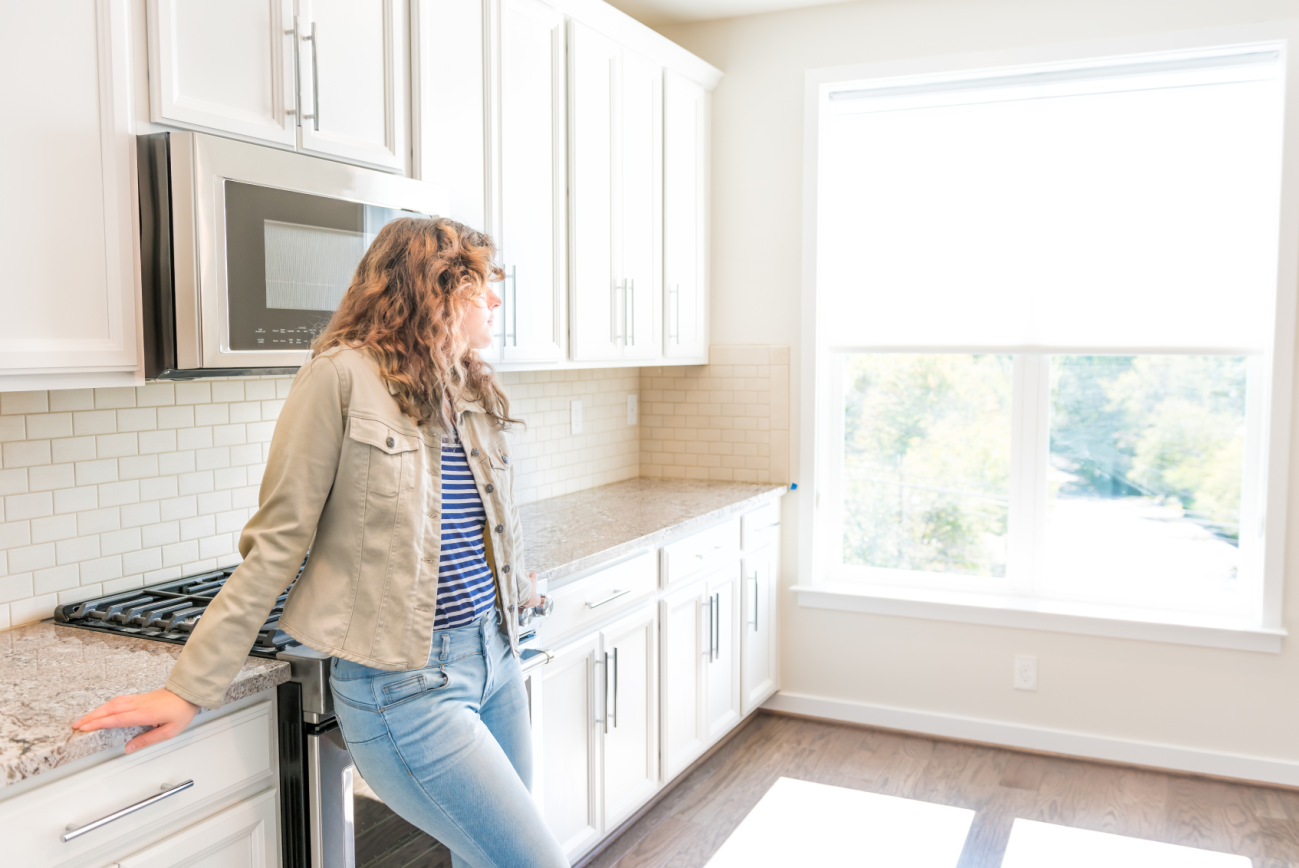With so much at stake, buying a home, especially your first one, is a decision you want to make with confidence. By considering all the key factors, including your own financial readiness, your future plans, the market and the property itself, you will know if a house is a good investment.
Your personal circumstances
Your own financial readiness is going to determine the affordability of a home and therefore whether it’s going to be a good investment. After all, a home could be listed at a great price and in a perfect location, but if you cannot afford it and it’s going to put you into unmanageable debt, then it’s not worth it.
The first step you can take in calculating how much you can afford is by getting pre-qualified for a mortgage. The RBC True House Affordability pre-qualification takes minutes to complete and has no impact on your credit score.
Your credit score is important because lenders will use it determine your trustworthiness and ability to pay back the loan. So to ensure you get the lowest rates on your mortgage, it may be worth taking some time to improve your score before working with a financial advisor to get pre-approval. That’s because pre-approval is a more reliable and accurate indication of how much you could afford and does involve a hard credit check.
The cost of your mortgage will also be significantly impacted by how much you can afford to put down in a lump sum for your deposit. A down payment of 20% of the home price or higher will mean you don’t have to pay mortgage insurance, so it is often recommended to shop within a budget that allows you to do that.
You also want to think about affordability beyond the home purchase. Once you’re a homeowner you will be responsible for any repair work and so you want to have some surplus savings or an emergency fund for any unexpected expenses after you’ve moved in.
Considering your future needs
Beyond your financial considerations, you should think about your future plans to determine if a house is a good investment. If you are planning to grow your family, then you may consider buying a home that can accommodate those changes.
You should also factor in how long you plan to live in the home to know if a house is a good investment. How suitable will the home be for a long-term residency if your circumstances, such as your job, change? No one has a crystal ball, but if there are aspects of your future you can anticipate, they may help you in your decision-making.
Affordability and monthly costs
Once you have looked into your financing options and decided what type of mortgage you will have, you will have a good idea of how much you will be paying each month toward mortgage payments. However, your mortgage is not the only cost you’ll have as a homeowner and so you should ensure you have accounted for all costs to determine a home’s affordability and if it’s a good investment.
To get a mortgage you will need home insurance, which you will have to factor into your monthly costs and will be dependent on the condition and age of the property, as well as the location.
You will also need to pay property taxes, which will be determined by your municipality and will be a percentage ranging from 0.28 and 2.64% of the home’s value that year. You have to pay property taxes annually, but you can build the cost into your mortgage payments, so you avoid paying a lump sum at tax time. Typically, bigger cities like Vancouver and Toronto have the lowest rates because the home values are significantly higher. To predict how much you will be paying in property taxes you can look at the home’s historical assessments and then take the allocated percentage for the municipality you’re buying in.
Market conditions
The next step is to look at broader market conditions to determine whether it is a good time to buy and therefore if a house is a good investment. In a buyer’s market, when supply exceeds demand, you’re going to have more choice and be in a stronger position to negotiate a favourable price on a home.
In a seller’s market, excess demand will drive up prices, so you may have to pay more to compete with multiple other offers. If you’re in a position to wait, then that can be the more affordable option in a seller’s market. However, you should factor in the cost of delaying a purchase, including, say, renting for another year.
You can also explore property value trends in the area you’re looking to buy. If values are consistently increasing, then that may be an indicator of a location on the up, in which case you may decide to invest sooner rather than later.
The location
Once you’ve considered your personal circumstances and the market, you may decide to narrow in on particular areas in your home search. The property’s location is going to have a significant impact on whether the house is a good investment and its potential to grow in value. You should consider neighbourhood trends like current or future development, safety and amenities.
You should also consider the location’s proximity to vital services, such as schools, healthcare, shopping and public transportation.
Future development and zoning
Consider how future development or zoning may impact the value of the home. For example, if you are looking at a well-established area where future development is unlikely, then you may expect a more consistent increase in property values in that location. A historic review of home prices can be your best indicator of whether a house is a good investment.
However, if you’re looking in a newer neighbourhood, where there are plans for new developments then you might be taking a greater risk. However, there is a chance that the area becomes more desirable in the future, leading to a bigger pay-off if you decide to sell. In this case, you could look at zoning regulations to get a good sense of how the area you’re looking in may grow, as well as the demographic of people who may want to live there in the future.
Local economic factors
To determine if an area has the potential to grow, you can also explore local economic factors, such as the stability and growth of the local job market or the diversity of industries in the area. A booming job market can be a good indicator that the area is, or will be, a desirable place to live, which could positively impact the value of properties in the area.
School district
The school district can greatly impact the desirability of a neighbourhood and therefore the value of the home and whether the house is a good investment. You can look at education ratings for schools in the area to determine if it’s located in a community that you or future prospective buyers would like to bring up children.
The home
To know if a house is a good investment you must also consider the home itself and its structural integrity. The professional property inspection will identify any potential issues and could even prevent the deal from going through if there are major or costly problems, like a required roof replacement.
But even if the report comes back without any major points of concern, you should still consider how any maintenance or future repairs could impact the overall cost of ownership and therefore whether the house is a good investment in the long term.
Homeowners association (HOA) considerations:
Some homes will belong to a homeowners association (HOA), for which you will need to pay a monthly fee. In addition to the cost, you will also have to follow and adhere to the HOA rules and regulations. So before you invest you should decide if this is something you want to commit to, and also how this could impact the future value of the homes in the area. For some, an HOA is an advantage because it ensures that the maintenance of homes in the area adhere to a particular standard. However, some buyers do not like the rules imposed by an HOA and may prefer the ability to maintain their home as they please.
The potential return on investment (ROI)
Rental income potential
Another way to know if a house is a good investment is by exploring its rental income potential. If you’re buying a home which you intend to rent out as an investment property or that can accommodate a rental on or within the property, that can be a way of making it more affordable. You should assess the demand for rentals in the area and then calculate the potential rental yield based on market rates and property costs. If there is high demand for rentals in the area then it could help you cover your home ownership costs and make the house a good investment.
There are many ROI calculators online which can help you understand the return on your investment. Typically, you total the annual rental income minus all your monthly operating costs and divide that by the value of the mortgage.
Resale potential
Although it may seem far away, a great way to know if a house is a good investment is by considering its resale potential. Are there improvements or upgrades you could make to the home that would have an outsize impact on the home’s value when you come to sell? Are you investing in an area that’s up-and-coming with room for growth? Unless you’re buying the property you intend to be your forever home, thinking about the bigger picture and how a home might increase in value as you live there can be very helpful.
Consulting with experts to know if a home is a good investment
While assessing all the factors outlined above will help you in your decision-making, you do not have to do it all yourself. Real estate professionals spend their days learning and working in the market, so they can provide insider insights and guide you on how to know if a house is a good investment.
They can also lead your negotiation on your behalf to ensure you close the deal and get the most favourable terms.
Get matched with an expert
Being a homeowner doesn’t mean you have to be a do-it-aloner. Houseful is here to introduce you to experts who don’t just know their stuff, they know you too. Get matched with a real estate agent in your area for local insights and connect with an RBC mortgage advisor for financing guidance. Visit houseful.ca.




